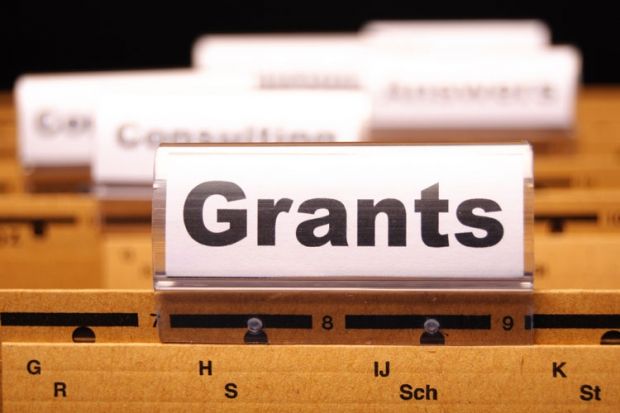Arts and Humanities Research Council
Leadership Fellowships
- Award winner: Gleider Hernández
- Institution: Durham University
- Value: £177,882
Constructing authority in international law
- Award winner: Rory Cormac
- Institution: University of Nottingham
- Value: £115,022
Most unusual measures: British approaches to covert activity, 1945-68
National Institute for Health Research
Health Technology Assessment Programme
- Award winner: Martin Gulliford
- Institution: King’s College London
- Value: £533,580
Electronically delivered, multi-component interventions to reduce unnecessary antibiotic prescribing in primary care. A cluster randomised trial using electronic health records (eCRT2)
- Award winner: Paul Little
- Institution: University of Southampton
- Value: £1,595,352
Antibiotics for lower respiratory tract infection in children presenting in primary care (ARTIC PC)
Public Health Research programme
- Award winner: Cindy Gray
- Institution: University of Glasgow
- Value: £341,619
Long-term weight-loss trajectories in participants in a randomised controlled trial of a weight management and healthy lifestyle programme for men delivered through professional football clubs: the Football Fans in Training follow-up
Leverhulme Trust
Major Research Fellowships
- Award winner: Natalie Adamson
- Institution: University of St Andrews
- Value: £82,653
Pierre Soulages: radical abstraction
- Award winner: Mary Beard
- Institution: University of Cambridge
- Value: £113,076
The twelve Caesars
- Award winner: Alan Norrie
- Institution: University of Warwick
- Value: £154,645
Criminal justice and the blaming relation
Research Project Grants
Sciences
- Award winner: Walther Schwarzacher
- Institution: University of Bristol
- Value: £173,483
Nanoparticle interactions in freeze-concentrated aqueous solutions
In detail

Award winner: David Moon
Institution: University of York
Value: £102,082
The Amerikan Steppes: Russian influences on the Great Plains
This project challenges the perception that the American Great Plains were shaped predominantly by the West by demonstrating the key role that Russian and Ukrainian farming techniques played in their formation. We “tend to think that the West has been the origin of most innovations”, wrote David Moon, anniversary professor in history at the University of York, in the Leverhulme Trust’s newsletter. “The American Plains were shaped by influences from the Russian and Ukrainian steppe [an ecoregion characterised by grassland plains without trees apart from those near water]. When Euro-American settlers ploughed up the Plains from the 1860s, they drew on the prior knowledge of Slav, German and Mennonite settlers on the steppe.” Russians and Americans recognised that the Great Plains and the steppe shared similar environments. The extent to which Russians learned from American experience, for example of mechanisation, has been well researched. This project focuses on the other side of the story. “From the 1870s, ethnic German farmers from the Volga region of Russia and Mennonites from southern Ukraine migrated to the Great Plains,” continued Professor Moon. “Their crops and farming techniques proved well suited to the Plains environment, and were adopted by other farmers.”
Register to continue
Why register?
- Registration is free and only takes a moment
- Once registered, you can read 3 articles a month
- Sign up for our newsletter
Subscribe
Or subscribe for unlimited access to:
- Unlimited access to news, views, insights & reviews
- Digital editions
- Digital access to THE’s university and college rankings analysis
Already registered or a current subscriber? Login

